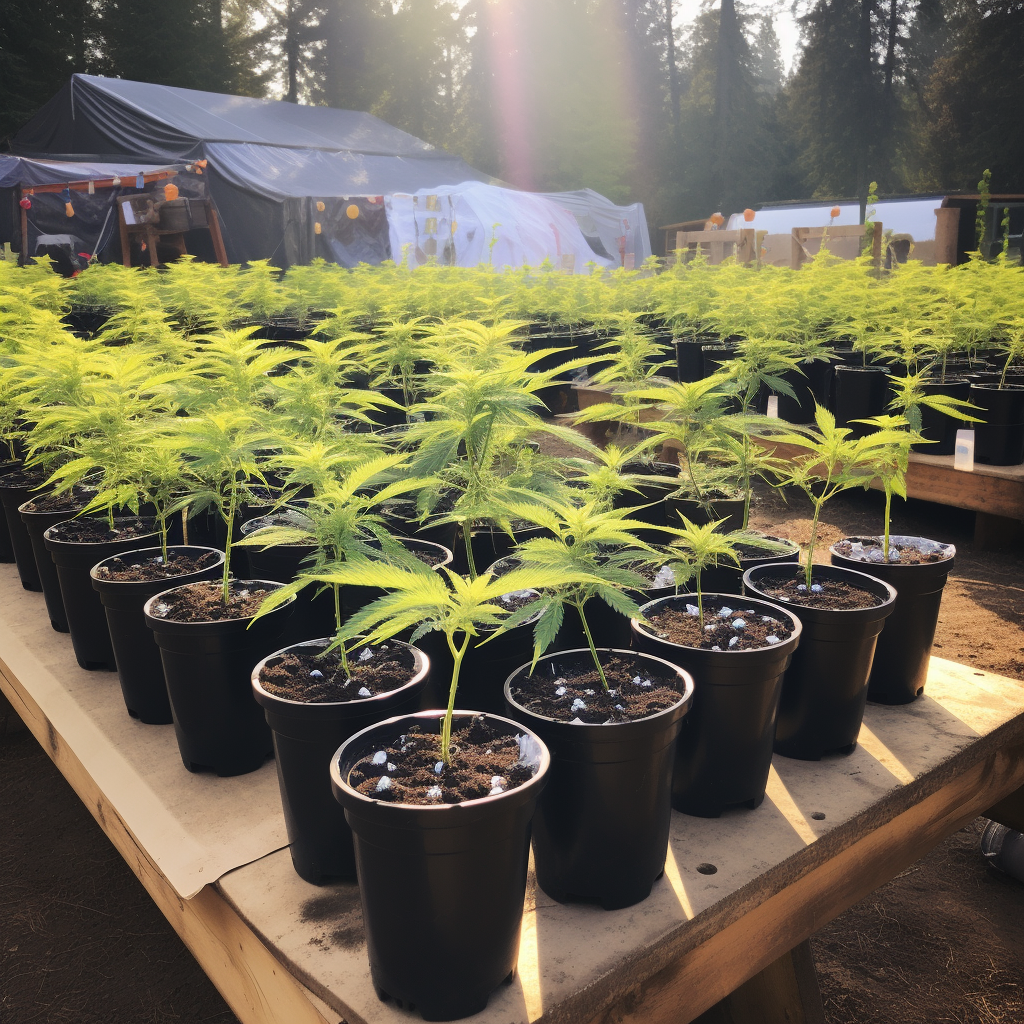When California legalized recreational marijuana in 2016 (through Proposition 64), the goal was to bring illegal growers into a safe and regulated market. This was also supposed to help protect our lands and water from the damage caused by the illegal marijuana industry.
However, instead of small growers becoming legal, the market is now mostly controlled by a few big corporate farmers. To try and save the small growers, the California Legislature is thinking about removing some of the environmental protections that were put in place to make the legal industry more sustainable.
This could be a big mistake. While the idea behind proposals like Senate Bill 508 might be good, getting rid of environmental protections could lead to problems. It also won’t help the small growers who are having a hard time in the new market.
The main reason small farmers are struggling isn’t because of the state’s environmental rules. It’s more about local county permits, political opposition in certain areas, and law enforcement not being able to completely stop illegal growing. But the biggest issue is just basic economics.
Since marijuana became legal, the prices have dropped a lot. This is because before it was legal, about 80% of the cost of producing marijuana was trying to avoid getting caught by the police. Now that it’s legal, big growers have come in and used technology to lower their costs.
This has led to a lot of marijuana being available, which has pushed the price down. This makes it really hard for small farmers, especially those in remote areas of Northern California, to compete.
Changing the environmental rules won’t change this economic situation. It would actually hurt the small growers who have followed the rules and got their permits. It would also give another advantage to the big corporate farmers who can easily expand their operations.
Instead, the state should focus on things that would actually help small growers. For example, they could spend more on law enforcement to crack down on illegal growers. They could also limit the size of farms, which would give small growers a chance to compete. This was actually part of the original plan of Prop. 64, but the state allowed a loophole that let big farms dominate the market.
California should also make it easier for small growers to sell their products. Big farmers can handle growing, processing, and distributing all by themselves, while small growers lose a lot of money to middlemen. The state could provide more financial help, like low-interest loans and grants, to small farmers. This would help them compete with the big farmers who have a lot more resources.
When people voted to legalize marijuana, they were told it would help both small farmers and the environment. The state should keep working towards these goals, instead of going backwards.





